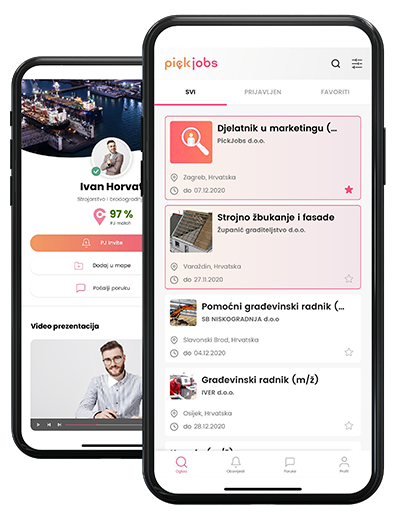One area that often comes into focus in this discussion is human resource management (HR). HR professionals have traditionally played a key role in recruitment, employee development, conflict management, and creating a positive work culture. With the emergence of AI tools that automate processes and make data-driven decisions, many wonder whether technology can completely take over this job. The answer isn’t straightforward – AI brings changes, but fully replacing HR isn’t as likely.
What can AI bring to HR?
AI is already transforming the way human resources departments function. For example, tools like automated applicant tracking systems (ATS) can analyze vast amounts of resumes in seconds, identifying the best candidates based on keywords and experience. This saves time that HR professionals would otherwise spend manually reviewing applications. Furthermore, AI can predict candidate success using data analytics, helping to reduce bias and make more objective decisions.
Beyond recruitment, AI is also used to monitor employee satisfaction. Chatbots and virtual assistants can answer common questions about salaries, benefits, or company policies, while analytical tools can detect trends in employee behavior, such as increased absenteeism or declining productivity. This data enables HR teams to proactively address issues before they escalate into bigger challenges.
Limitations of AI in HR
Despite these advantages, artificial intelligence is not omnipotent. Human resource management isn’t just about crunching data or automating processes – it involves empathy, understanding emotions, and the ability to navigate complex interpersonal relationships. For instance, if an employee experiences a personal crisis, AI might recognize a drop in their productivity, but it cannot provide emotional support or understand the nuances of the situation. This is where the human factor comes in, irreplaceable in building trust and support.
Additionally, AI systems are not immune to bias. If trained on biased data, they can perpetuate the same stereotypes or discrimination that humans strive to eliminate. For example, if historical data shows that men were more frequently hired for certain positions, AI might unintentionally favor male candidates. This demonstrates that AI is not entirely independent and requires human oversight and intervention.
The Symbiosis of AI and HR
Instead of replacement, the future of HR likely lies in collaboration between AI and humans. AI can handle repetitive and analytical tasks, allowing HR professionals to focus on the strategic and creative aspects of their work. For example, while AI filters candidates, HR professionals can dedicate more time to interviews, assessing cultural fit, and developing employee motivation programs.
Moreover, AI can help HR become a more strategic partner in business. By using predictive analytics, HR teams can identify future hiring needs, anticipate the departure of key talent, or design training programs aligned with the company’s long-term goals. This not only increases efficiency but also strengthens HR’s role in business decision-making.
So, will AI replace HR in the near future? Probably not entirely. While AI brings incredible efficiency and new possibilities, the human element remains the heart of human resource management. Empathy, intuition, and the ability to connect with people cannot be replicated by algorithms. Instead, AI will likely become a powerful ally to HR professionals, freeing them from routine tasks and enabling them to focus on what matters most – people. The future of HR isn’t in opposition to AI, but in harmony and balance with it.

 Croatia
Croatia Bosnia and Herzegovina
Bosnia and Herzegovina Serbia
Serbia Crna Gora
Crna Gora North Macedonia
North Macedonia Ukraine
Ukraine Albania
Albania Kosovo
Kosovo Austria
Austria Deutschland
Deutschland Switzerland
Switzerland









